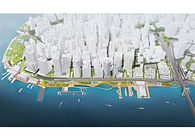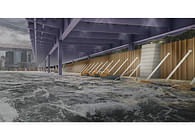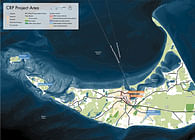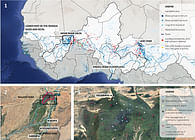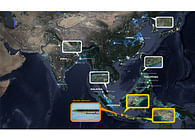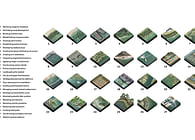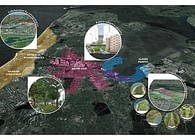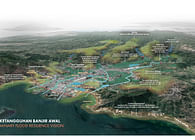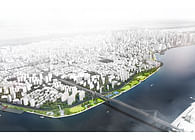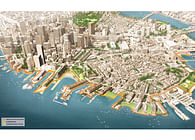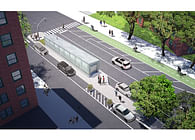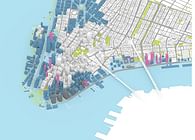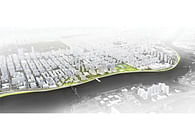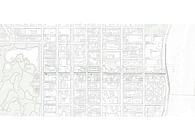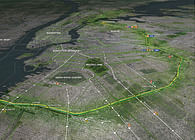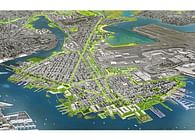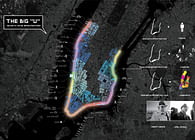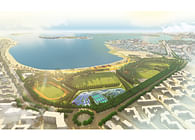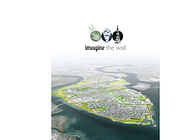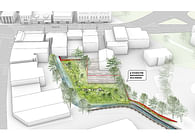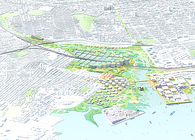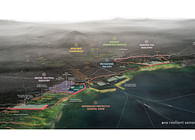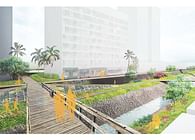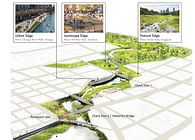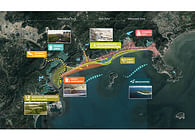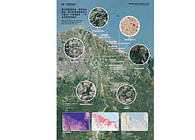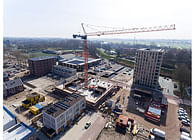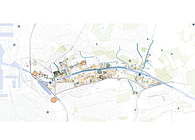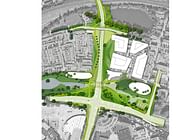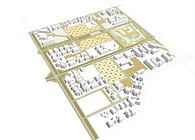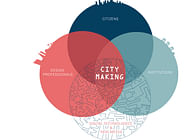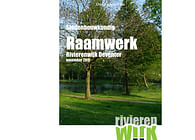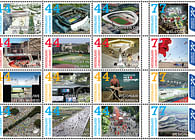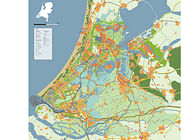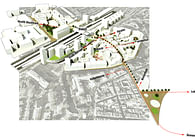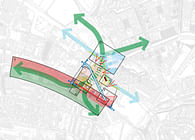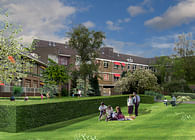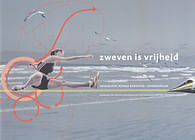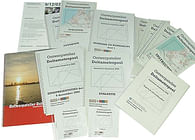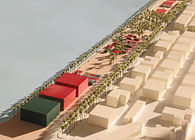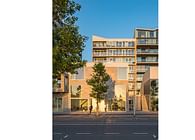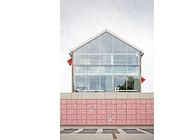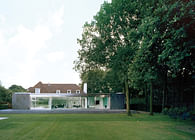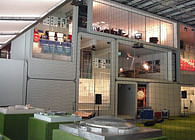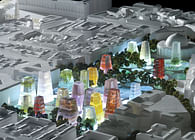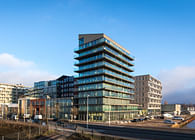
Amsterdam, NL and New York
Together, the cities of Chelsea and Everett are pursuing climate resiliency planning and adaptation measures to address coastal and inland flooding. The communities were jointly awarded a grant by the Massachusetts Coastal Zone Management (CZM) Coastal Resilience program to address projected flooding from the Island End River, where they share an extensive 500 acre floodplain (for a 100-year storm event in 2030). This large area houses many commercial and industrial properties key to economic viability in the region, among these properties is the metro area central produce distribution facility, New England Produce Center.
In Chelsea the project centered on efforts to develop a conceptual design for a flood barrier previously proposed in a 2017 report on “Designing Coastal Community Infrastructure for Climate Change”. In Everette, the team analyzed, and mapped risk and vulnerabilities based on flood models produced by WHG. The high resolution and detailed analysis revealed that to provide comprehensive protection for the area the barrier will need to extend between municipal boundaries and continue into Everett. The team studied multiple alignments and options for a continuous flood barrier, considering near- and long- term solutions, subsurface conditions, property ownership, zoning, and state regulations. Physical solutions included flood walls, elevated public spaces, and natural wetland buffers. The final report outlines both opportunistic and strategic recommendations for implementation in Everett and Chelsea, as well as policies, evaluation criteria, and design solutions, subject to additional localized conditions, stakeholders, etc.
The engagement strategy has been multi-pronged and developed in collaboration with two local organizations Greenroots and Mystic River Watershed Association (MyWRA). It was designed to reach personal property owners, abutters, and residents to build a critical mass of consensus. Feedback from this process and regular guidance from a collaborative steering committee were filtered back through proposals to best tailor these strategies to the circumstances and stakeholders at hand.
The project is now in a second stage grant under the MVP program, and will complete design in late 2021.
Status: Unbuilt
